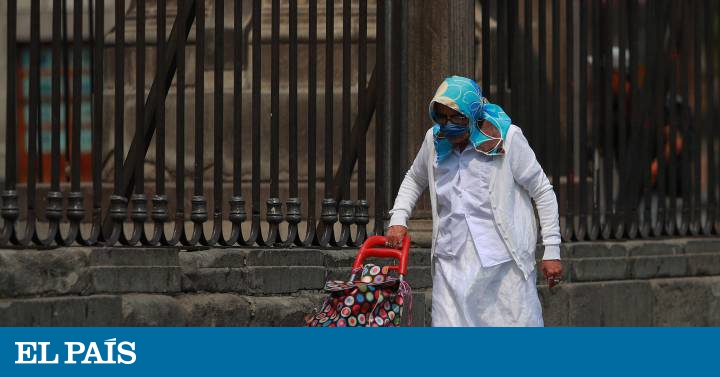The world advances and is transformed many times thanks to small innovations. In the Middle Ages, for example, the role of chivalry in wars in Western Europe was increasing thanks to a contraption that arrived during the 7th and 8th centuries from Persia: the stirrup. The historian Gabriel Tortella remembers it in his book Capitalism and Revolution,where he observes that this novelty gave the rider a support that it previously lacked, in a way that allowed him to better handle a spear, a sword, a mace. "This gave the knight a great superiority over the infant: it was not only that the riders were faster, it was that they could discharge terrible blows from height that an infant could hardly resist, while their position on the horse made them almost invulnerable to the blows sent from the ground ”. That simple clunker reinforced the man's close relationship with the horse, and changed the fate of those who fought on the battlefield.
In times of quarantine any reading is inevitably disturbed by the presence of that tiny agent who has a bit of a bubble with antennas, the coronavirus. He is crouched there and jumps to the minimum. What is the world going to be like after that bug came to alter things by putting millions of people into their homes for a season and drastically stopping the economy? Some time ago, an essay was translated that shows a long farewell, one of those transformations that leave a world definitively behind and inaugurate a new one. Farewell to the horse, by the German historian Ulrich Raulff, reconstructs the close complicity of centuries that existed between equines and humans, drawing on different knowledge. The end of the horse era, he says, fits into the 19th century, that period that begins with Napoleon and ends with the Great War. The relationship with that animal, however, is much older; It was "for 6,000 years our primary means of transportation," he writes: "Our friend, our partner, and our teacher."
Raulff tells a lot of historical episodes and gathers anecdotes of his own and those of others and weaves together literary moments with artistic works and scientific references to stage this tragic separation. In one of the passages in his book he recalls a work by Ernst Jünger in which the German writer put together a collection of photographs to catch the face of the Great War. In one of them, two dead horses, one white and the other mottled gray: it was the end. Those steeds had been swept away by progress. In September 1939, the charge of a detachment of Polish cavalry against Wehrmacht tanks was the footnote confirming what was already known. The vibrant energy of the horses could do nothing against the steel of modernity. Old colleagues took different paths.
There are those who now say that the coronavirus will work the prodigy of giving capitalism the last push to plunge it into the abyss, and that a new order of values and priorities will be imposed. Who knows. Things, from what you can see, tend to slow down. Meanwhile, what image - what diagnosis - will this unreal time summarize and on what footholds - what resources - will we rise to measure ourselves with that future full of shadows?
You can follow EL PAÍS Opinion on Facebook, Twitter or subscribe here to the Newsletter.

